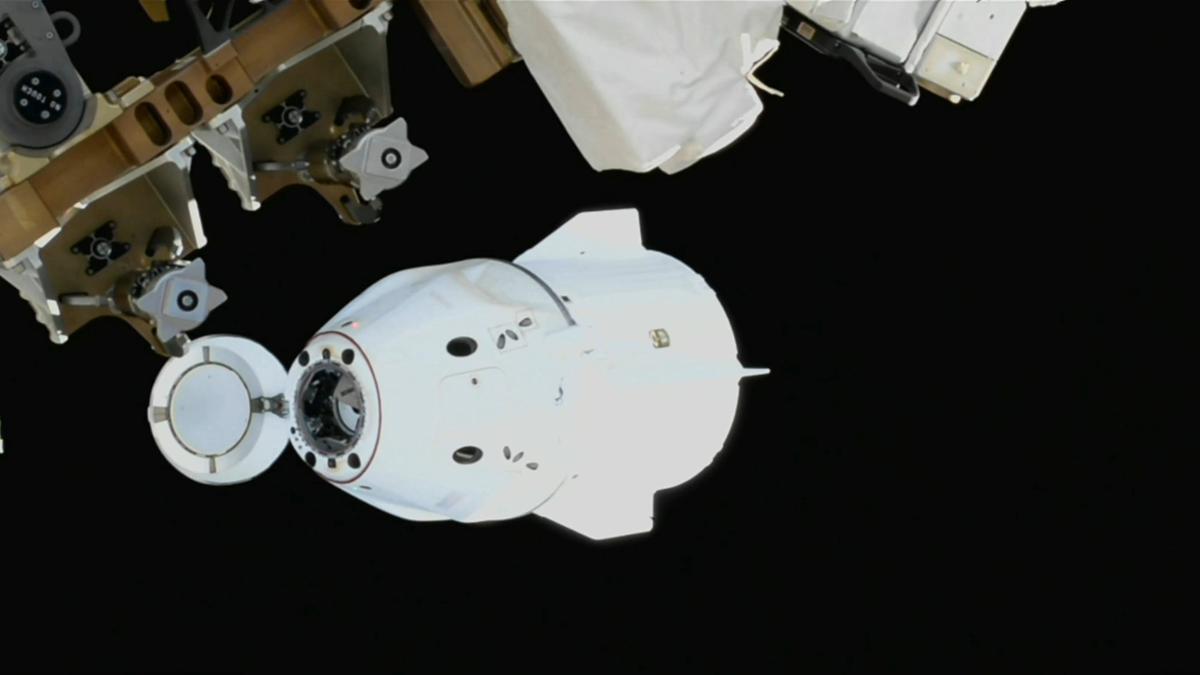
The latest installment of the iconic franchise, Tron: Ares, is now screening in cinemas, continuing Disney’s journey with a series that began in 1982 and was revived in 2010 with Tron: Legacy. Directed by Joachim Ronning, the film has garnered a mixed reception, with critics noting its reliance on visual spectacle over substantial storytelling.
Visual Spectacle Over Substance
While many recent blockbusters, particularly from the Marvel Cinematic Universe, have been criticized for lacking distinct visual identities, Tron: Ares stands out for its vibrant use of glowing grid patterns and neon motorcycles racing through dark urban landscapes. The film features a pulsating score by Nine Inch Nails, evoking the essence of a 1980s arcade game.
Despite the striking visuals, the narrative tends to falter, focusing on a rivalry between two tech executives rather than deep character development. Greta Lee stars as Eve Kim, the capable, if somewhat uptight, public face of tech company ENCOM. Her adversary is Evan Peters as Julian Dillinger, a character who embodies the archetype of a scrawny tech geek overshadowed by his overbearing mother, portrayed by Gillian Anderson. The film’s plot revolves around the pursuit of a powerful artifact known as the Permanence Code, which would allow Jared Leto‘s character, Ares, a computer-generated super-soldier, to exist in the physical world for more than 29 minutes.
Revisiting a Classic
The film appears to borrow elements from both the Terminator franchise and previous Tron films, struggling to offer a compelling commentary on artificial intelligence’s impact on society. As Ares develops an understanding of human emotions, his loyalties shift, creating further complexities in the narrative. In contrast, his second-in-command, Athena, played by Jodie Turner-Smith, remains steadfastly loyal to her programming.
Critics argue that while the original Tron was groundbreaking for its time, integrating early computer animation with traditional filmmaking techniques, Tron: Ares feels repetitive and lacks the innovation that characterized its predecessor. The film’s visuals, despite the work of cinematographer Jeff Cronenweth to recreate the original’s magic, do not quite capture the same awe.
Overall, Tron: Ares presents a nostalgic return to a beloved franchise but ultimately falls short in delivering a memorable story. The film highlights the tension between the virtual and physical worlds, yet fails to fully engage the audience with relatable characters, leaving viewers to wonder if the journey through this digital realm is worth the ride.







